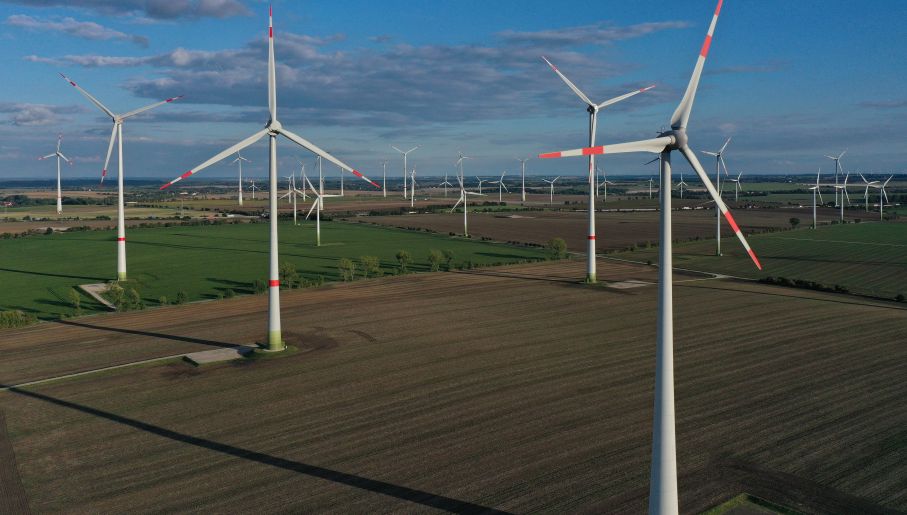Negotiators for the European Union reached a political agreement on Thursday over more aggressive goals for increasing the use of renewable energy by 2030, a crucial component of the bloc’s strategy to combat climate change and abandon Russian fossil fuels.
According to Markus Pieper, a member of the European Parliament, the 27-nation EU and the European Parliament have decided that by 2030, 42.5 percent of the EU’s energy will come from renewable sources like wind and solar.
Before becoming a law, the political agreement must now be adopted by the EU Parliament and all EU member states. These votes typically serve as a formality to endorse the agreement as is.
The new regulation will take the place of the EU’s current goal of having 32% of its energy come from renewable sources by 2030.
Read Also: climate-change-uk-faces-investment-losses-in-net-zero-race-mps
Massive investments in wind and solar farms, increased production of renewable gases, and improved integration of clean energy into Europe’s power networks are all necessary for the new goals to be met.
Earlier this week, eleven countries, led by Austria and including Germany and Spain, met to discuss their push to keep nuclear energy out of the renewables targets. They say mixing nuclear into the renewable energy law would distract from efforts to massively expand wind and solar.
On the other side of the debate, French energy minister Agnès Pannier-Runacher convened a meeting of 13 pro-nuclear countries including the Czech Republic, Finland, Italy, and Poland.
In a joint statement, the countries said they had “agreed that a favorable industrial and financial framework is necessary for nuclear projects.”
Story adapted from TVP World
